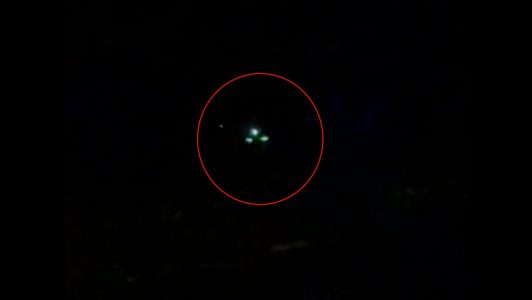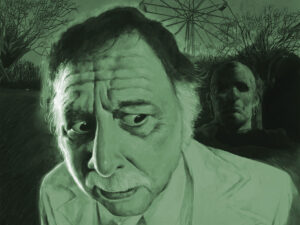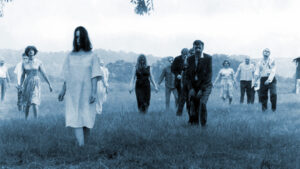New Jersey skies are alive with rumors: swarms of drones, emerging from the ocean, avoiding the rain, and triggering fear in towns like Ocean Township and Asbury Park. At first oddities, these sightings now symbolize something darker. They echo ancient stories of paranoia, such as Dionysus’s arrival in Thebes, where faint signs of a divine presence fractured the city with fear and suspicion.
In Greek myth, Dionysus, the god of wine and chaos, came to Thebes to assert his divinity. King Pentheus, doubting him, banned his worship, but strange phenomena—earthquakes, frenzied behavior—unsettled the city. Paranoia spread as the people sought to explain these disruptions, leading to violence and madness. In the end, Thebes’ attempt to suppress the unknown destroyed it.
The drones, like Dionysus, evoke chaos. Residents impose strange rules—“They don’t come out when it rains”—as an attempt to rationalize the inexplicable. In Thebes, this same impulse drove the city to interpret every tremor as evidence of divine disruption. Both then and now, anxiety fills gaps with stories, transforming flickers of light into harbingers of control, surveillance, or invasion.

Mass psychosis thrives in uncertainty. Social media amplifies the paranoia, much like a chorus feeding the frenzy in Dionysian myth. In Lovecraftian fashion, the ocean—the ultimate unknown—becomes the source of this fear, birthing drones from its depths like sea gods rising to punish humanity’s hubris.
As fear mounts, trust dissolves, pushing people toward extreme conclusions and actions. The drones are less about technology and more about archetypes: modern echoes of timeless fears that erupt when society feels unmoored. Like Thebes under Dionysus, New Jersey’s paranoia reveals how easily the unknown can consume us, turning the skies into mirrors of our collective unease.


